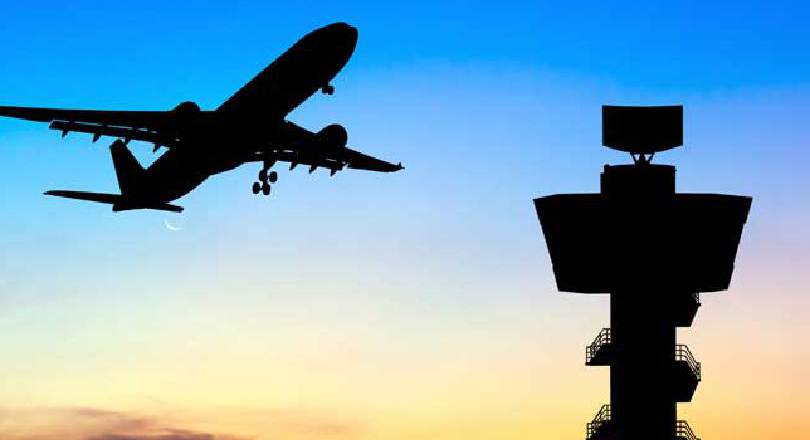Responding to European Commission proposals to restrict the right of air traffic controllers to take industrial action, Steve Jary, Prospect national secretary, said: “The lobbying we have seen by some airlines for restrictions on trade union and employment rights is a distraction from the most important issues facing the European aviation industry.
“European data shows clearly that by far the most important cause of flight delays are airlines themselves. Infrastructure, technology and staffing capacity are also critical impediments to efficiency, connectivity and growth.
“Air traffic control strikes in a minority of countries account for just one per cent of total aviation delay. The way to avoid them is by taking a constructive approach to resolving the issues that lie behind them.”
Responding to specific points in the Commission's document:
- Prospect welcomes the priority given to “sound and efficient social dialogue” which is what we have consistently promoted as the best route to resolving issues behind industrial action and improving industrial relations and service delivery.
- Unfortunately an aggressive approach to trade unions and the rights of employees, as the Commission seems to be encouraging, risks undermining social dialogue and the partnership approach we need to see.
- The Communique itself quotes figures showing that in 2016 the majority of delays related to en-route Air Traffic Flow Management – 57% - were the result of “capacity/staffing” issues. It is precisely this issue of understaffing and inadequate technology that needs to be addressed, and why many instances of industrial action occurs.
- Nevertheless “ATM strikes” account for just 14% of ATFM delays, which in recent years have accounted for just 11% of total delays in the system. This means that industrial action by air traffic staff accounts for just 1% of total aviation delay. Meanwhile, delays caused by airlines have averaged over 50% in recent years.
- It asserts that 243,660 flights were cancelled as a result of ATM strikes between 2005 and 2016, affecting an estimated 27 million passengers. This is in fact a small proportion of total cancellations, which usually happen for other reasons. Cancellations recorded by Eurocontrol – which represent only a fraction of the total – typically reach around 150,000 in every single year.
Prospect research notes
Prospect analysis of efficiency and connectivity issues in European aviation, published in association with unions representing air traffic control professionals across Europe, found that:
- Official data showed that by far the largest share of flight delay is the responsibility of airlines themselves, accounting for 51% of primary delay over the period 2010-2015. Air Traffic Flow and Capacity Management delays accounted for 23%.
- Official publications indicate that in 2015 – the only year for which an official figure is available – industrial action accounted for around 1% of total delay.
- The cancellations that airline lobbyists A4E claim result from air traffic control strikes also constitute a small proportion of the total cancellations (subsequent to filing of final flight-plan) recorded in the Eurocontrol data, and probably an even smaller fraction if PwC/A4E’s method of counting were applied to cancellations with other causes.
- Though airline lobbyists make dramatic claims about the economic costs of ATC strikes, if their model were valid the costs to European GDP of airline delays, other sources of disruption, or airport capacity limits would dwarf those they claim to be the cost of industrial action by air traffic controllers
The full report can be downloaded from the Prospect library.
Watch a short film summarising the findings.
More recent provisional data released by Eurocontrol for 2016 confirmed that:
- ATC industrial action accounted for around 1% of total delay in 2016
- The major reason for delays caused by air traffic navigation services is in fact understaffing – precisely the issue that much ATC industrial action is aimed at addressing
- ATC industrial action is estimated to have caused 13,000 cancellations in 2016 – this would be 9% of all cancellations recorded by Eurocontrol, but probably a smaller proportion of the real total as it is likely to be based on a broader measurement
- ATC industrial action reduced overall flight efficiency by just “0.03%” in 2016
The provisional 2016 data can be found at www.eurocontrol.int.

